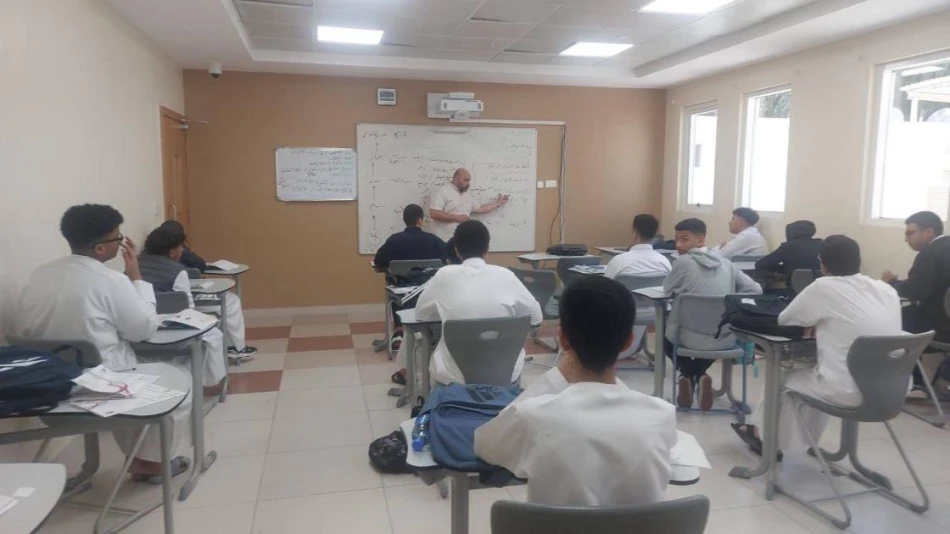
Schools Require Official Requests and Prior Approval for Students to Leave Class
UAE Schools Tighten Digital Controls as New Academic Year Begins
Public and private schools across the UAE implementing the national curriculum have rolled out comprehensive new regulations for the second week of the academic year, signaling a stricter approach to digital device management and student conduct. The measures include mandatory government-issued devices, complete mobile phone bans, and new email systems—reflecting broader concerns about classroom disruption and digital security in educational settings.
Technology Crackdown: Government Devices Only
Schools have implemented a zero-tolerance policy toward personal devices, completely prohibiting mobile phones within school premises and banning tablets or laptops containing social media applications. Any non-compliant devices will be confiscated and returned only to parents, with disciplinary action following established behavioral codes.
The policy extends to government-issued educational devices, with schools clarifying that equipment older than one year will no longer receive technical support if damaged. Students must seek external repair services for older devices, potentially creating financial burdens for families while ensuring schools maintain control over the digital learning environment.
Email System Overhaul Signals Centralization
Perhaps most significantly, the Ministry of Education has mandated a complete transition from the previous email format (ese.gov.ae) to a new system (moe.sch.ae). While passwords remain unchanged and existing files are preserved, the move represents a substantial infrastructure shift that suggests greater centralized oversight of educational communications.
This digital consolidation mirrors similar moves by education systems globally, where governments seek tighter control over student data and communication channels, particularly in the wake of cybersecurity concerns and the need for standardized digital learning platforms.
Discipline and National Identity Take Center Stage
Beyond technology, the new regulations emphasize traditional disciplinary measures with a distinctly national character. Schools are requiring strict adherence to approved uniforms, positioning student appearance as a reflection of "national identity" and representation of both school and country.
Morning assembly attendance has become mandatory, with administrators framing participation as demonstrating respect for school rules and starting the day with "positive spirit." This emphasis on collective activities and national symbols aligns with broader regional trends toward strengthening cultural identity within educational frameworks.
Streamlined Exit Procedures Address Overcrowding
Several schools are replacing traditional paper exit permits with magnetic cards containing student data, aiming to reduce daily congestion and improve security. The digitization of basic administrative processes suggests schools are investing in infrastructure improvements while maintaining strict oversight of student movements.
Formal permission requirements for leaving classrooms or school grounds have been reinforced, with schools citing safety concerns and preventing "random departures" as key motivations.
Data Updates Reveal Administrative Priorities
The urgent push for updated student and parent information reflects schools' focus on "seamless educational services" and immediate communication capabilities. This data collection drive, combined with the email system changes, suggests educational authorities are building more comprehensive digital profiles of students and families.
For parents and students, these changes represent a more controlled, digitally monitored educational environment that prioritizes institutional oversight and national identity formation. While officials frame the measures as improving educational quality and safety, they also reflect the UAE's broader approach to managing social institutions through technology and standardized procedures.
The success of these policies will likely influence educational approaches across the Gulf region, where governments increasingly view schools as critical venues for both technological advancement and cultural preservation.
Most Viewed News

 Omar Rahman
Omar Rahman






